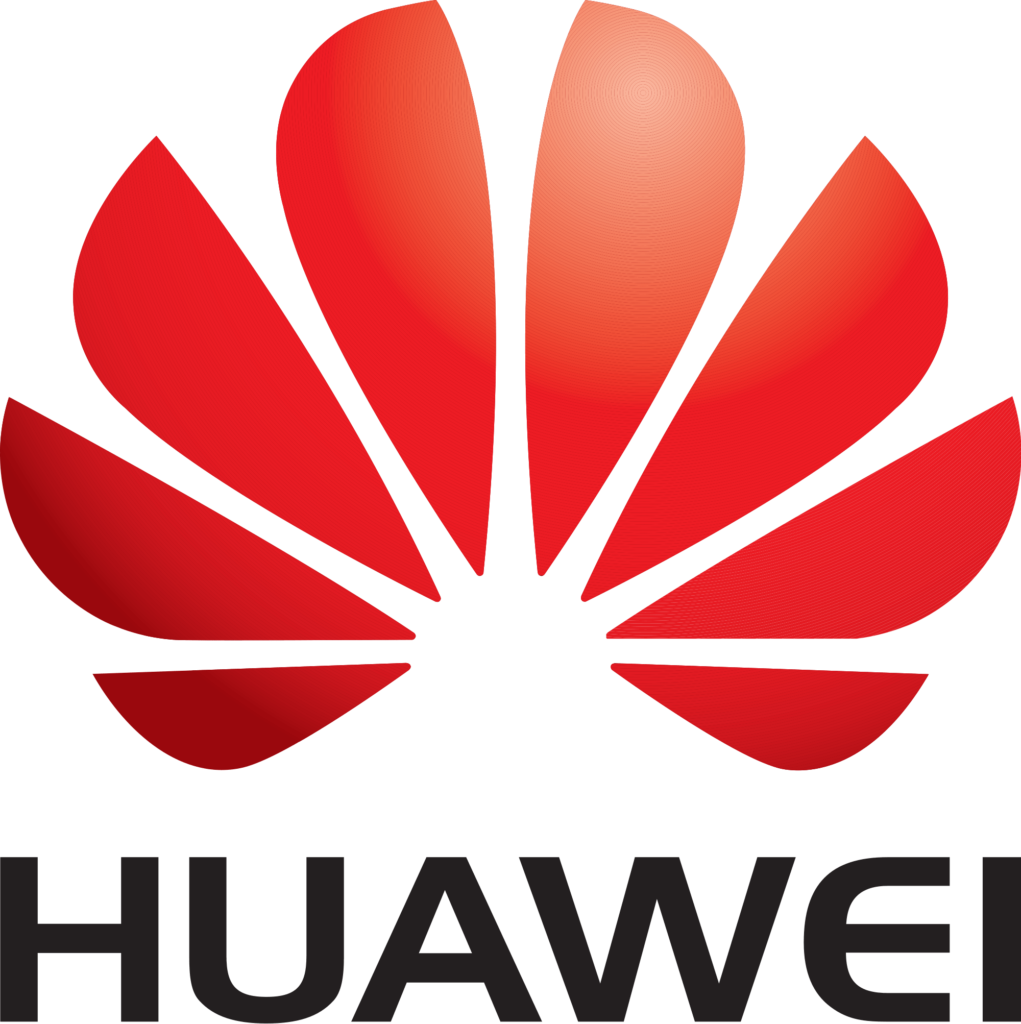
By: Genevieve Bresnahan
President Donald Trump may be preparing to sign an executive order granting the U.S. Secretary of Commerce the authority to prevent American companies from purchasing telecommunications equipment from foreign companies.[1] The order is motivated by concerns that Huawei, a Chinese company, and other foreign telecommunications firms will use access to American wireless networks for espionage.[2] However, while national security concerns are driving the order, its effect on U.S. companies could be much broader.
Huawei is a global information and communications technology company, and is the largest 5G equipment manufacturer in the world.[3] U.S. officials warn that integrating Chinese technology into the American cyber network could leave that network vulnerable to foreign adversaries spying or even disrupting connections.[4] While U.S. officials have been concerned about the use of Huawei equipment for months, tensions escalated when the U.S. government conducted outreach to foreign allies in an attempt to persuade them to likewise avoid Huawei as they move to implement 5G technology.[5]
President Trump has been considering taking further action in the form of an executive order for months.[6] Under the draft order, the Secretary of Commerce would have the power to “investigate, block . . . regulate, direct and compel, nullify, void, prevent, or prohibit, or take any other action necessary to exercise” his authority to review instances when an American telecommunications firm buys or acquires foreign products and services.[7] While the draft order does not mention China, it authorizes the Secretary of Commerce to designate “particular countries, products, or services that present an unacceptable risk to national security.”[8] The order cites particular concerns that U.S. networks are “attractive targets for espionage, sabotage and foreign interference activity,” particularly because of how integral these networks are to the daily lives of American people and the American economy.[9]
President Trump is expected to assert a national security emergency under the International Emergency Economic Powers Act (hereinafter “IEEPA”).[10] The IEEPA grants the President wide-ranging authority to regulate supply chains and economic activity, and only requires that the president declare a “national emergency” under the National Emergencies Act (“NEA”).[11] While the President currently has the power to prevent the acquisition of American companies on the grounds of national security, the executive order would allow the Secretary of Commerce to prohibit American companies from buying Chinese telecommunications equipment and even telecommunications equipment from other countries.[12] Although it is essential that the executive branch is well-equipped to protect national security, this would represent a marked increase in executive control over business transactions.[13] The order could also result in certain transactions being denied under the guise of national security, while in reality seeking to unfairly promote American suppliers.[14] Finally, the order would also inflict the greatest harm on rural America, where Chinese equipment is popular for its low prices.[15] The order would not affect larger American telecom companies like AT&T and Verizon, who have already elected to ban Huawei equipment from their networks.[16]
Protecting
our nation’s security should be the responsibility of every branch of U.S.
government to the extent they are authorized to do so. However, increased executive power to block
commercial transactions may only achieve the effect of stifling market
competition, while failing to fully accomplish any national security mission.[17] The Trump administration should carefully
examine its options before effecting such a significant order on American
companies.
[1] Shane Harris, et. al., Trump Eyes Executive Order Expanding Power to Block Deals Between U.S., Foreign Telecom Firms, WASH. POST (June 29, 2018), https://www.washingtonpost.com/world/national-security/trump-eyes-executive-order-expanding-power-to-block-deals-between-us-foreign-telecom-firms/2018/06/29/f6d26a0a-7af3-11e8-aeee-4d04c8ac6158_story.html?utm_term=.a77d1c879a60.
[2] See Ellen Nakashima & Tony Romm, Trump Expected to Issue New Order Laying Groundwork to Bar Chinese Tech Firms From U.S. Networks, WASH. POST (Feb. 12, 2019), https://www.washingtonpost.com/world/national-security/trump-expected-to-issue-new-order-laying-groundwork-to-bar-chinese-tech-firms-from-us-networks/2019/02/12/50425ad0-2edd-11e9-813a-0ab2f17e305b_story.html?utm_term=.71f37e18d9bf (stating that U.S. officials have been warning U.S. carriers and foreign countries that companies like Huawei could be a threat to telecommunications networks because of their close association with the Chinese government).
[3] See About Huawei, HUAWEI, https://www.huawei.com/us/about-huawei (last visited Feb. 17, 2019); see also Zak Doffman, Huawei Blacklash: China Accuses ‘Lying’ U.S. Of ‘Unjust And Immoral Bullying’ Forbes (Feb. 17, 2019), https://www.forbes.com/sites/zakdoffman/2019/02/17/huawei-backlash-china-accuses-lying-u-s-of-unjust-and-immoral-bullying/#459506506963 (explaining that Huawei is the largest 5G equipment manufacturer in the world).
[4] Stu Woo & Kate O’Keeffe, Washington Asks Allies to Drop Huawei, Wall St. J. (Nov. 23, 2018), https://www.wsj.com/articles/washington-asks-allies-to-drop-huawei-1542965105.
[5] Id.
[6] See Harris, supra note 1.
[7] Id.
[8] Id.
[9] Id.
[10] Stephanie Zable, What Comes After Tariffs: An IEEPA Primer, LAWFARE (July 19, 2018), https://www.lawfareblog.com/what-comes-after-tariffs-ieepa-primer.
[11] See Dames & Moore v. Regan, 453 U.S. 654, 671 (1981) (stating that “[t]he language of IEEPA is sweeping and unqualified.”); see also id. (explaining that if the President declares a national emergency under the NEA, the law allows him to “deal with any unusual and extraordinary threat which has its source in whole or substantial part outside the United States, to the national security, foreign policy, or economy of the United States”).
[12] See Harris, supra note 1.
[13] See, e.g., Nakashima, supra note 2 (“[t]his is crossing the Rubicon – asserting government power to block commercial transactions;” “[j]ust the authority itself could have enormous long-term implications in the U.S. and global markets.”).
[14] See Harris, supra note 1.
[15] See Nakashima, supra note 2 (noting that the Rural Wireless Association is lobbying against the executive order, and warning that carriers’ networks would be unnecessarily harmed).
[16] Id.
[17] See, e.g., Noah Feldman, Huawei and 5G: A Case Study in the Future of Free Trade, Bloomberg (Feb. 13, 2019), https://www.bloomberg.com/opinion/articles/2019-02-13/huawei-and-5g-a-case-study-in-the-future-of-free-trade (arguing that the best way to combat foreign state-subsidized companies is via trade law, not via bans on foreign competition).

